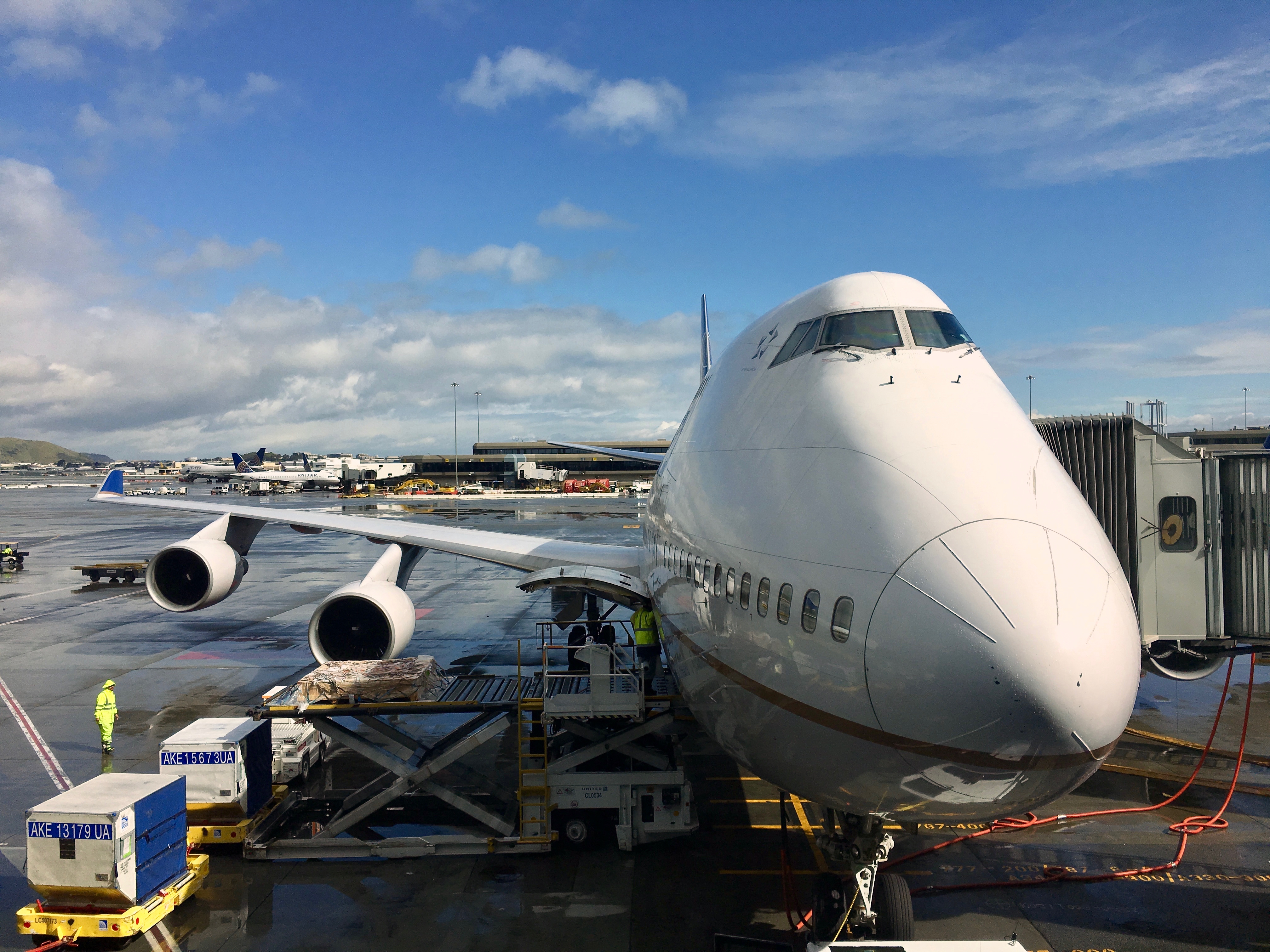Spanning most of my career, whether working as analyst or journalist, I have repeatedly railed against how U.S. law treats businesses—essentially as people. Reason: Moral dichotomy, where the ethical priorities of publicly-traded companies vastly differ from—and often contradict with—values of the people founding, running, or working for them. Keyword is value, where one usage refers to beliefs and another to money; meaning stock price and proceeds returned to shareholders.
My first, best articulation of this concept came during an April 2006 radio interview—I believe for NPR marketplace—when discussing major U.S. search providers Google, Microsoft, and Yahoo censoring results in China, at the government’s insistence. Behind the action there loomed censorship’s morality, such as restricting search terms like “democracy”. I expressed that there is no moral high ground in business. The high ground is quagmire, because all public companies share a single, moral objective: Make profits for stockholders. Plain, pure, and simple. Sadly, that moral agenda explains why United Airline’s PR week from Hell is Heaven for shareholders. Overbooking means the carrier fills seats; operations are lean and mean (quite literally, the latter).

